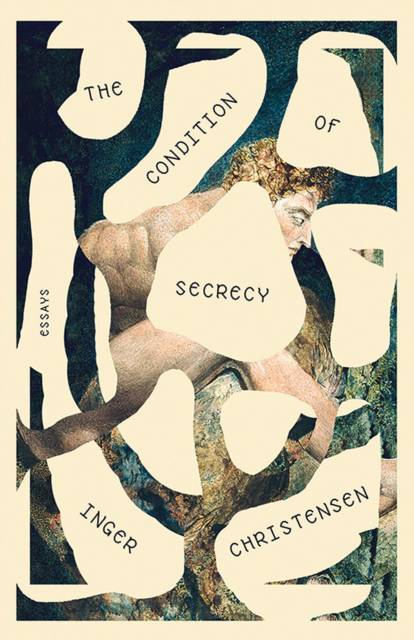
- Afhalen na 1 uur in een winkel met voorraad
- Gratis thuislevering in België vanaf € 30
- Ruim aanbod met 7 miljoen producten
- Afhalen na 1 uur in een winkel met voorraad
- Gratis thuislevering in België vanaf € 30
- Ruim aanbod met 7 miljoen producten
Zoeken
Omschrijving
The Condition of Secrecy is a poignant collection of essays by Inger Christensen, widely regarded as one of the most influential Scandinavian writers of the twentieth century. As The New York Times proclaimed, "Despite the rigorous structure that undergirds her work--or more likely, because of it--Ms. Christensen's style is lyrical, even playful." The same could be said of Christensen's essays. Here, she formulates with increasing clarity the basis of her approach to writing, and provides insights into how she composed specific poetry volumes. Some essays are autobiographical (with memories of Christensen's school years during the Nazi occupation of Denmark), and others are political, touching on the Cold War and Chernobyl. The Condition of Secrecy also covers the Ars Poetica of Lu Chi (261-303 CE); William Blake and Isaac Newton; and such topics as randomness as a universal force and the role of the writer as an agent of social change. The Condition of Secrecy confirms that Inger Christensen is "a true singer of the syllables" (C. D. Wright), and "a formalist who makes her own rules, then turns the game around with another rule" (Eliot Weinberger).
Specificaties
Betrokkenen
- Auteur(s):
- Vertaler(s):
- Uitgeverij:
Inhoud
- Aantal bladzijden:
- 160
- Taal:
- Engels
Eigenschappen
- Productcode (EAN):
- 9780811228114
- Verschijningsdatum:
- 27/11/2018
- Uitvoering:
- Paperback
- Formaat:
- Trade paperback (VS)
- Afmetingen:
- 132 mm x 201 mm
- Gewicht:
- 136 g

Alleen bij Standaard Boekhandel
+ 41 punten op je klantenkaart van Standaard Boekhandel
Beoordelingen
We publiceren alleen reviews die voldoen aan de voorwaarden voor reviews. Bekijk onze voorwaarden voor reviews.







